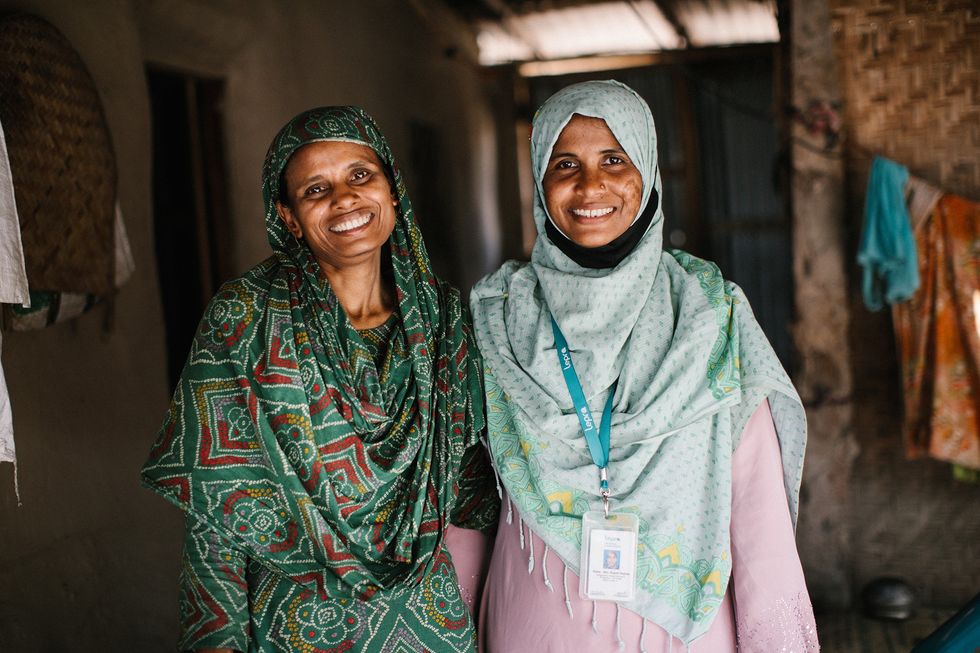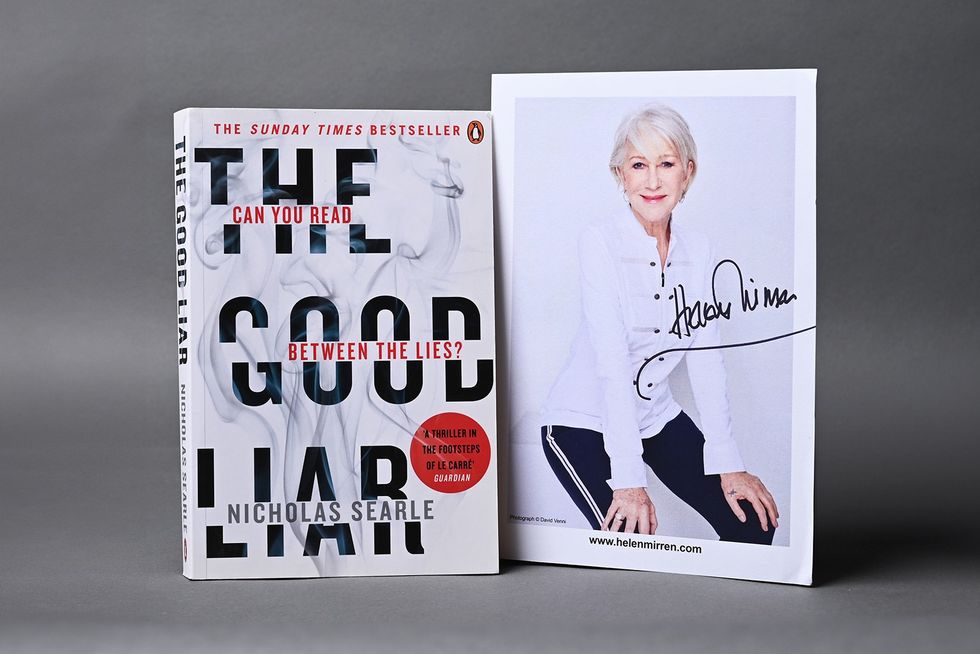By Nadeem Badshah
FEWER than half of British Asian adults eat five fruit or vegetable portions daily, compared to around 56 per cent of white people, as experts warned the figures are a “wake-up call”.
Some 47 per cent of people of South Asian origin in England had the recommended amount in 2017-2018, compared to 48.9 per cent in 2016-2017.
British Asians also lag behind Chinese people, where half of the adults had their five-a-day, as well as people of mixed heritage. The data published by Sport England found that the national average among adults eating enough fruit and vegetables was 54.8 per cent.
Health experts have called for more education in schools and places of worship, with people of south Asian origin up to six times more likely to develop type 2 diabetes than white Europeans.
Dr Chandra Kanneganti, a GP in Staffordshire, told Eastern Eye: “Our staple food and diet from the Indian subcontinent is chapattis, rice and curry.
“(Some people) have not been taught about eating fruit and veg. The tradition of the meal is the case for generations.
“Health awareness is happening but not at the level we expect. We have to think about health promotions at schools during lunchtime, in mosques, temples, gurdwaras, with leaflets.
“No wonder we have higher cardiovascular risks and die earlier. It should be a wake-up call and a warning to change our lifestyle.”
The NHS has been running a ‘5 A Day’ campaign urging Britons to eat five portions of fruit or vegetables every day, which works out to around 80g per portion.
The campaign is based on advice from the World Health Organization, which recommends eating a minimum of 400g of fruit and vegetables a day to lower the risk of serious health problems such as heart disease, stroke and some types of cancer.
Tam Fry is the patron of the Child Growth Foundation and chairman of the National Obesity Forum. He told Eastern Eye: “There is no easy answer as to what should be done, apart from a policy of subsidising fruit and veg with money from levies. The Sugary Drinks Industry Levy now pays for school breakfasts and additional PE lessons and sports facilities.
“The forum would like to see further levies on “unhealthy “ food or its ingredients put to making healthier food cheaper.”
Separate figures in July showed 57 per cent of British Asians were overweight or obese in 2017-2018, lower than the national average, with the figure rising to 62.9 per cent for white Britons and 72.8 per for black people.
Dr Kailash Chand, honorary vice-president of the British Medical Association, said healthyeating campaigns should focus more on the risks of “ultra-processed foods” like ready meals.
He said: “The five-a-day is not evidence-based. Furthermore, many ultra-processed foods get a ‘one of your 5 a day’ pass on marketing claims which reveals the farce of food promotion and labelling in this country.
“Public health messaging should focus on minimising consumption of ultra-processed foods which now makes up a staggering half of the British diet.
“A simple rule of thumb is if it comes out of a packet and has five or more ingredients, it’s not a food that is part of a healthy balanced diet.”
Meanwhile, a poll this month found that many parents are confused about how to give their children a healthy diet.
The research by Boots Kids Vitamins found two-thirds of parents do not know what vitamins and minerals their youngsters need, and one in 10 admitted they had “no idea” why kids need five portions of fruit and veg a day.
Parminder Kaur, a Boots Kids Vitamins’ spokeswoman, said: “While sources like the internet have made lots of information available, there is also a lot of disinformation out there which can be hard to filter out. So, it’s not surprising there is confusion around how much we need of certain types of vitamins, or even where to get them from.”

















 Natural beauty and architectural splendourGetty
Natural beauty and architectural splendourGetty Peaceful waters and stone-built aqueductsLancaster Canal Trust
Peaceful waters and stone-built aqueductsLancaster Canal Trust
 Diljit Dosanjh and Prabal Gurung attend the 2025 Met GalaGetty Images
Diljit Dosanjh and Prabal Gurung attend the 2025 Met GalaGetty Images 
 Firoza and RupaliTom Bradley
Firoza and RupaliTom Bradley